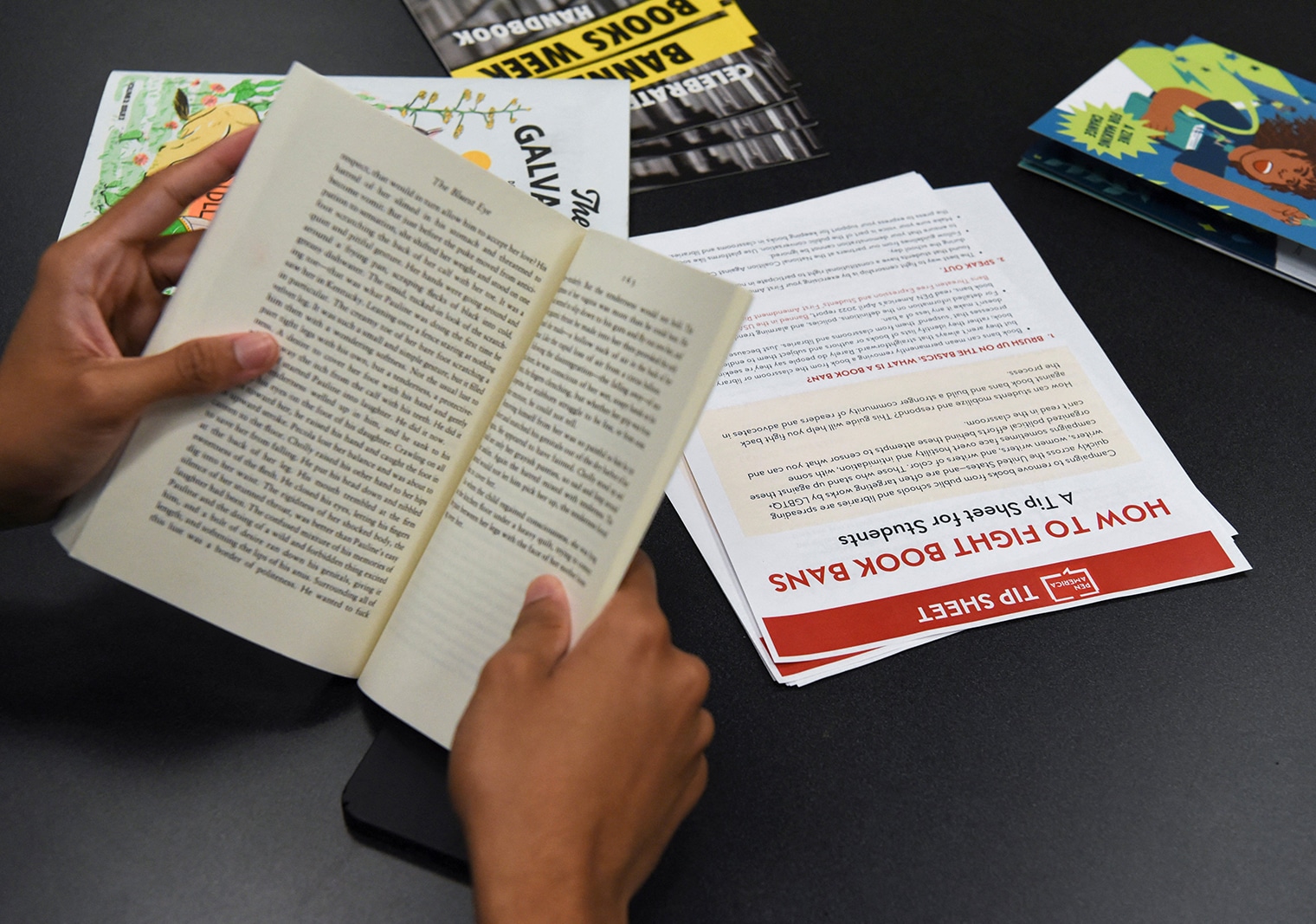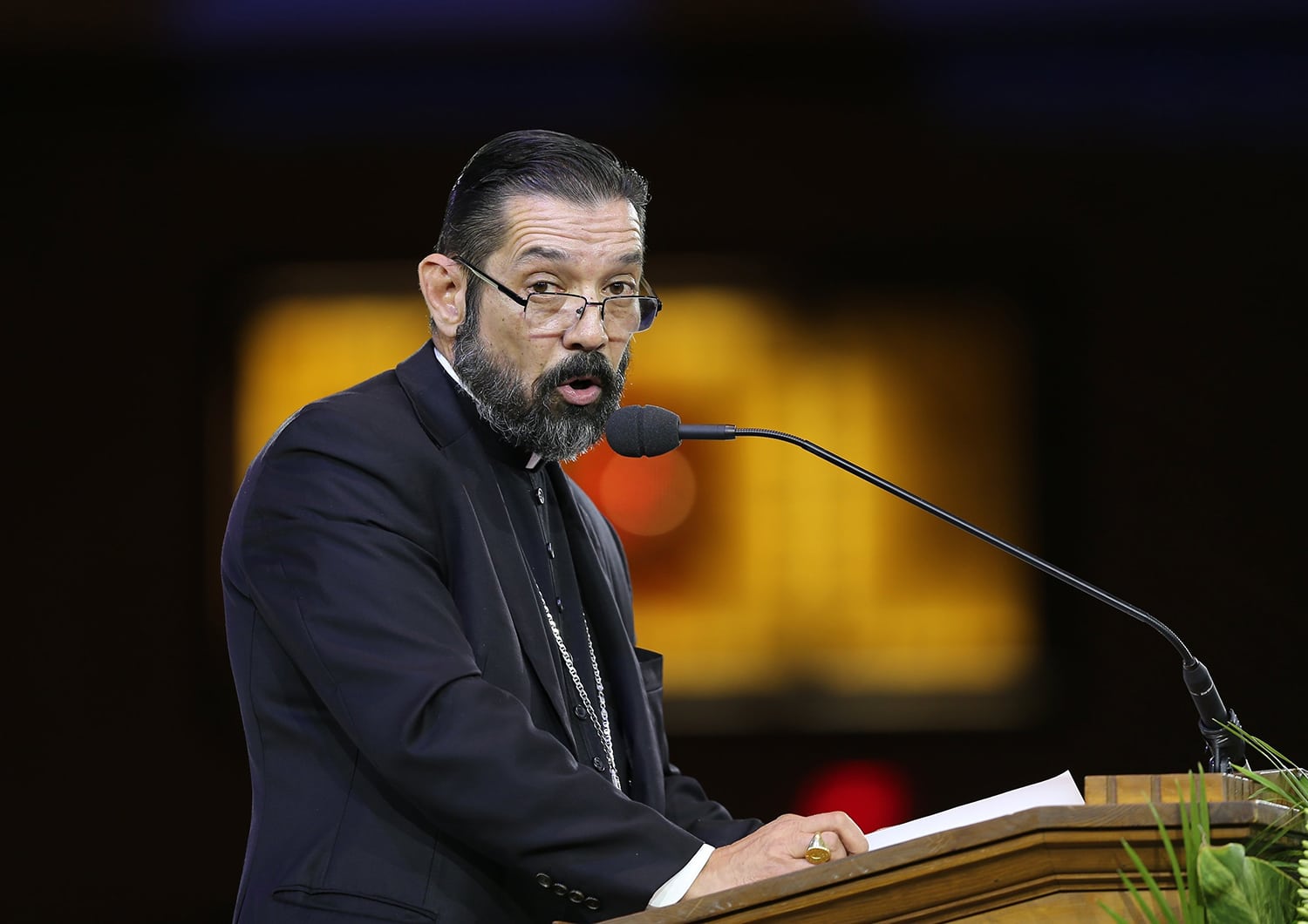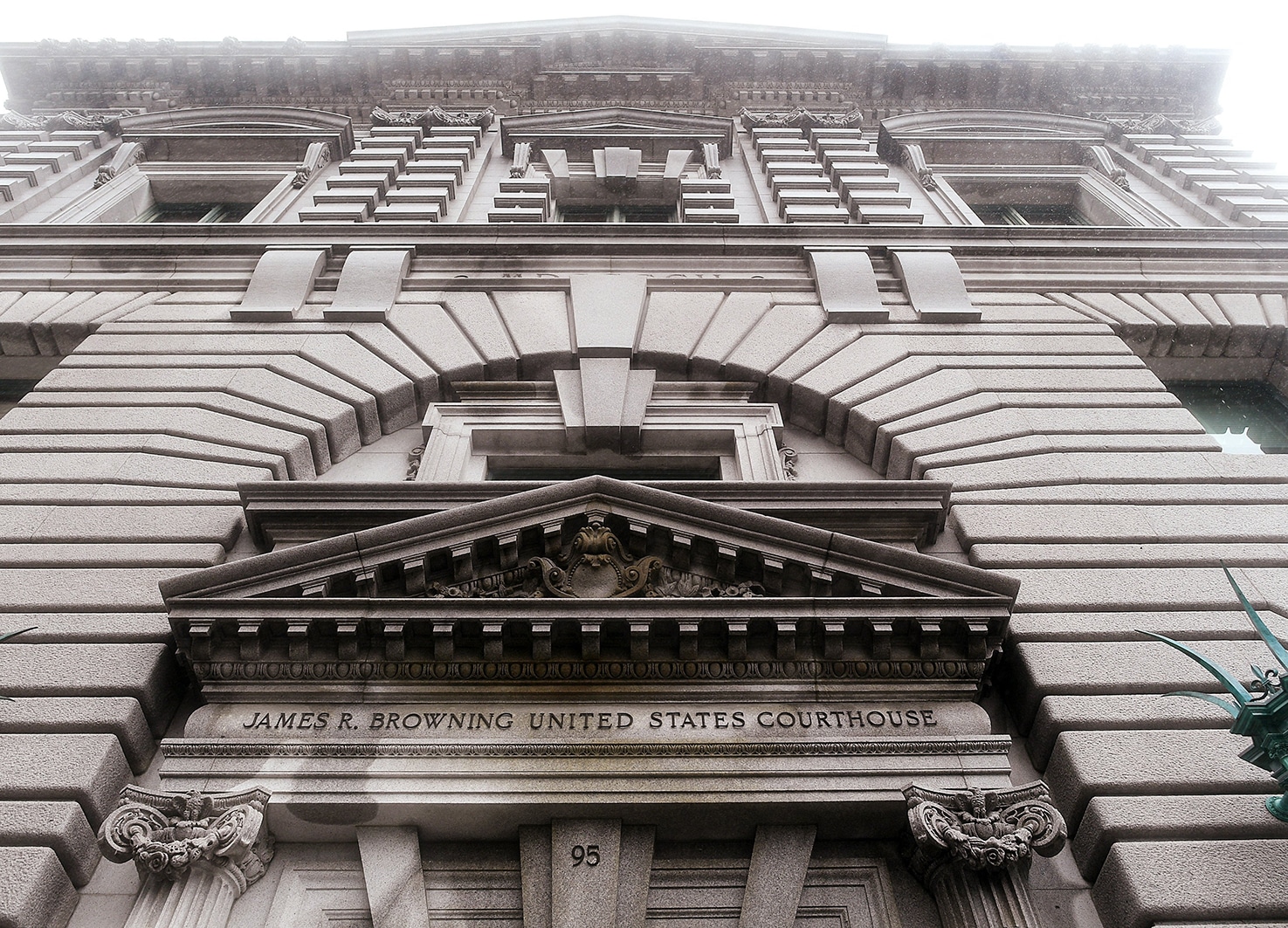WASHINGTON (OSV News) — The U.S. Senate Judiciary Committee held a hearing Sept. 12 to scrutinize recent controversies in an ongoing debate about the types of books children should have access to in public schools and libraries.
At the hearing titled, “Book Bans: Examining How Censorship Limits Liberty and Literature,” senators discussed numerous recent school board controversies about whether certain books should be accessible to students. While some witnesses and senators argued that some books have been banned in schools erroneously — including “Maus,” a Pulitzer Prize-winning illustrated novel about the Holocaust — others argued that parents opposing books with graphic content does not rise to the level of congressional scrutiny.
Sen. Dick Durbin, D-Ill., chair of the committee, opened the hearing by noting that “The Wonderful Wizard of Oz” by L. Frank Baum, a classic of American literature, was once the subject of a book ban.
“Unfortunately, there’s a long history in our country of banning books we now consider classic works of literature,” he said.
“No one is advocating for sexually explicit content to be available in an elementary school library or children’s section of the library,” Durbin argued.
“That’s a distraction from the real challenge,” he said. “I understand and respect that parents may choose to limit what their children read, especially at younger ages. My wife and I did, others do too. But no parent should have the right to tell another parent’s child what they can and cannot read in school or at home. Every student deserves access to books that reflect their experiences and help them better understand who they are.”
Senators debate
Sen. Lindsey Graham, R-S.C., ranking member of the committee, argued senators shouldn’t be spending time on the issue and should consider immigration reform instead.
“Am I supposed to, as the United States senator, take over the libraries all over this country and be the final say of what goes in a library?” Graham asked. “I hope not. I think not.”
But Graham also argued that it is not only parents who should have a say in school board decisions about reading materials; childless taxpayers such as himself should also have a say as they are public resources.
The hearing took an explicit turn as some witnesses and senators read explicit passages from some books they said should be banned, which included descriptions of sex acts.
Sen. John Kennedy, R-La., read aloud such explicit passages from the books “All Blues Aren’t Blue” and “Gender Queer.” NPR reported that at least 29 school districts have banned the former book over its LGBTQ+ content and for being sexually explicit.
Illinois Secretary of State Alexi Giannoulias, a witness at the hearing, spoke in favor of Illinois’ law aimed at combating censorship, saying it prohibits state funding for any library that pulls books for “partisan or doctrinal” reasons.
Giannoulias quipped that the passage Kennedy read aloud was “disturbing, especially coming out of your mouth.”
He added, “But what I’ll also tell you, is that we’re not advocating for kids to read porn.”
Elsewhere in the hearing, Sen. Cory Booker, D-N.J., said that no one “believes that children should have access to materials that are inappropriate for their age.”
“There is no one that believes that children should have access to inappropriate, pornographic materials,” he said. “This to me is about something deeper that’s going on in the American culture right now that is really troubled.”
Booker said that his parents “brought up two Black boys in a predominantly white community” and strove to ensure that books about racism were accessible in the local schools.
“We talked about the books that we read at home and read at school, and (my mother) would laugh at me right now and say, ‘Of course, I could have bought you those books that they removed from the library. But why it was important to have them in the library wasn’t for you. It was for your peers, for them to have access,'” he said.







